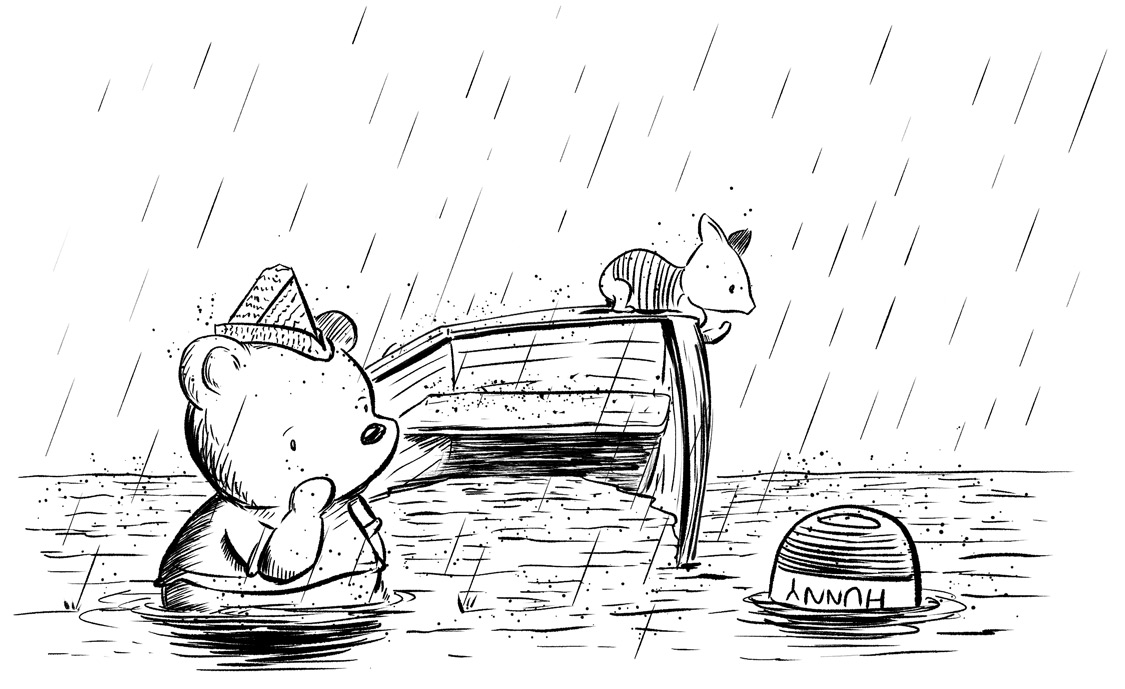Honestly, I don’t get publishing. At least not in Australia, anyway. When I look at some of the picture books I enjoy that are published by non-Australian publishers, I’m jealous. They seem to have a different appetite for risk. They are edgy, contemporary, interesting and relevant to the way I perceive the world.
As I’ve written before, picture books are one of the last spaces we have for intergenerational discussion – a carer/parent and a child, seated together, engaging in a story. It’s such a ripe medium for helping the older ones and the younger ones bridge some important gaps; gender identity, disability, our relationship to the natural environment, the changing nature of masculinity, the value of indigenous culture and knowledge, and emotional intelligence around things like neurodiversity.
But, when I look around at the Australian publishing landscape, I see very (and I mean very) few of these books that aren’t didactic. Anything trying to address these concepts are grounded in ‘safety’ and I can imagine the conversations around the editing table – “we mustn’t exclude anyone if this is to be a book about ‘diversity’”, or, “stories about disability can only be written by people with lived experiences.” That last one actually happened to me, by the way.
And I get it, the last thing a dying industry like publishing needs is an unpopular or controversial book out in the marketplace. No one wants to be the one who is criticized for ‘not taking an inclusive approach to writing about historically marginalised groups.’ or, as more colloquially, “not reading the room.”
Publishers also need to make money – I get that. And the risk of a book that doesn’t ‘tick all the boxes’ because it’s too focussed on one particular disability or ethnicity is perceived to be large. In the end, it’s easy for me to criticise from the sidelines because it’s not my money.
I heard on the radio that films are being ‘designed’ for inattention these days – that the visual component is being ‘explained’ so that people can still ‘watch’ a movie whilst doing things like glancing at their phone occassionally.
But what seems obvious to me is that, in the long run, by taking this cautious approach underpinned by a fear of offending or excluding someone, we’ll lose. I can’t help but feel that, as a culture, we’re losing our grasp on the value of fiction – a made-up way to explore things that are meaningful to us so we can learn and adapt them to our own lives. What I’m seeing more and more, especially around these issues which publishers in Australia seem scared to touch, is non-fiction – it borders on instruction.
The thing is, humans operate better with stories, not books of facts. It’s something our indigenous people have been using for 60,000+ years and there’s hundreds of years of science to back it up. We remember a story much more readily than we remember a fact. We create characters so that our readers can become those characters. If a reader becomes that character, they feel what that character feels. It activates a different part of our brain and our entire nervous system so that the journey a reader takes is embodied in them. That journey of a character – through conflict and out the other side – is how we embody learning with every part of our being. This is different from a ‘distant’ reading of a book about ‘all the ways to be diverse’ or some other flavour of it where, it seems, the goal is for any child to find one page or drawing where someone like them is represented.
In a world of independent content creation, publishers will begin to struggle – they are now competing with YouTube, independent presses, and even individuals who, more than ever, can afford a print run. Publishers still own the distribution channel but how long will that last? The drones are coming.
Some of the most compelling and mind-changing stories I’ve read in adult fiction have been about people who aren’t like me (muslim, female, queer), written by people who also aren’t like their characters. They’ve done deep and empathetic research into their characters’ lives and have spent the time and energy to build a bridge between their experience and the experience of the people and groups whom they write.
There is an internal transformation that I experience when reading books that have that focus that I cannot get from any other medium (except for maybe movies). Do we think that children aren’t ‘mature’ enough to have this? Talk to any publisher or parent and they’ll always tell you that kids are smarter than we give them credit for – maybe it’s time a few ‘courageous’ Australian publishers start meeting their young readers where they are? The alternative seems worse.

